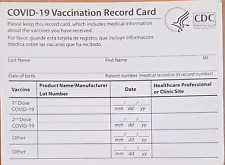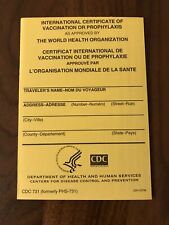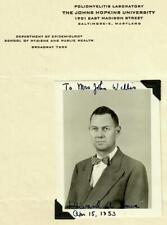
While the World Health Organization nervously waits for the first confirmed cases of human-to-human transmission of the H5N1 “bird flu” virus, researchers are ramping up their efforts to design more efficient vaccines.
Molecular virologist Suresh Mittal, from Purdue University, is investigating a new way to provide broader immunity against multiple strains of the avian influenza virus. Mittal and his colleagues are focusing on using a harmless virus, called adenovirus, as a transmitting agent for a vaccine.
The problem with current vaccines is that they are designed for specific strains of flu and are effective only as long as the virus doesn’t change form. This means existing vaccines will have limited success against new strains of avian influenza as they emerge. Compounding the problem is the achingly slow production methods used for current vaccines.
“Our approach is to use an adenovirus to deliver some components of the bird flu virus in a vaccine formulation,” explained Mittal. “We already know how to grow large amounts of adenovirus and how to purify it because adenoviruses already are used in clinical trials for gene therapy as vectors.”
While faster manufacturing times are important, Mittal also cites the importance of a vaccine that can protect against multiple strains of H5N1. “The ultimate goal of our research is to develop an effective avian influenza virus vaccine that will provide long-lasting and broad immunity against multiple strains of this virus,” he said.
That may prove to be more difficult. Viruses are classified according to the combination of two types of proteins found on the virus cell surface. The 15 types of hemagglutinin (H) protein and nine types of neuraminidase (N) protein form a large number of possible avian influenza viruses. New, sometimes more dangerous, flu strains develop when the H and N combinations change. When the genes from a human or swine influenza mix with an avian variety, one virus takes a piece of genome from another to fill an empty spot, thus a new strain of flu is born.
“Many people believe that this virus will mutate and become more widespread. The question is when? Are we prepared? We hope that successful completion of this project will result in development of an adenovirus-based vaccine effective against pathogenic avian influenza viruses,” Mittal concluded.


















Comments are closed.